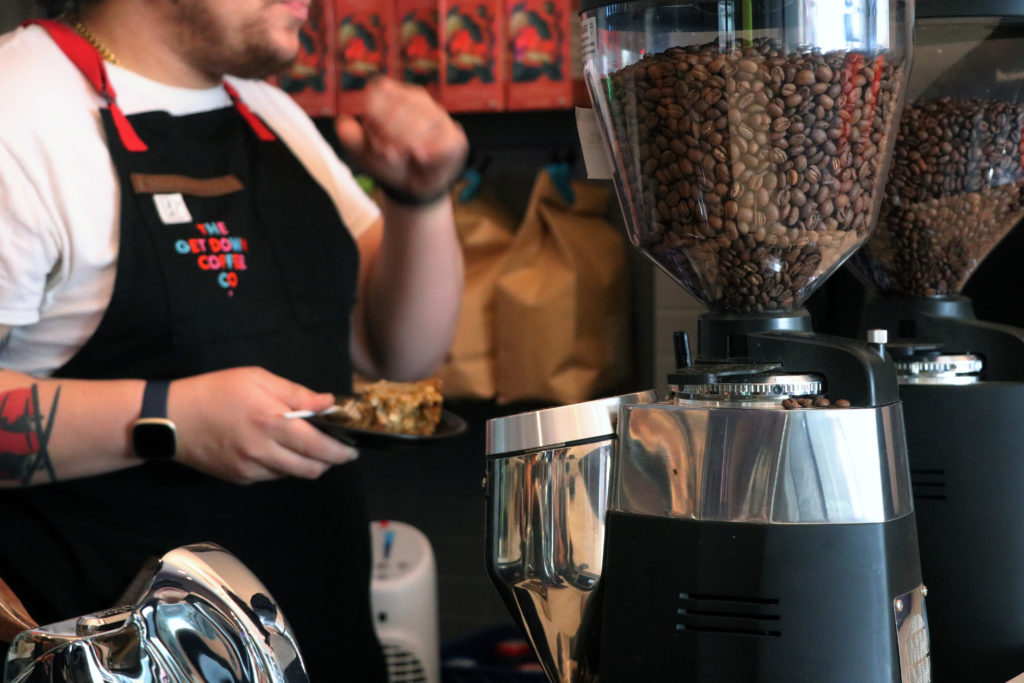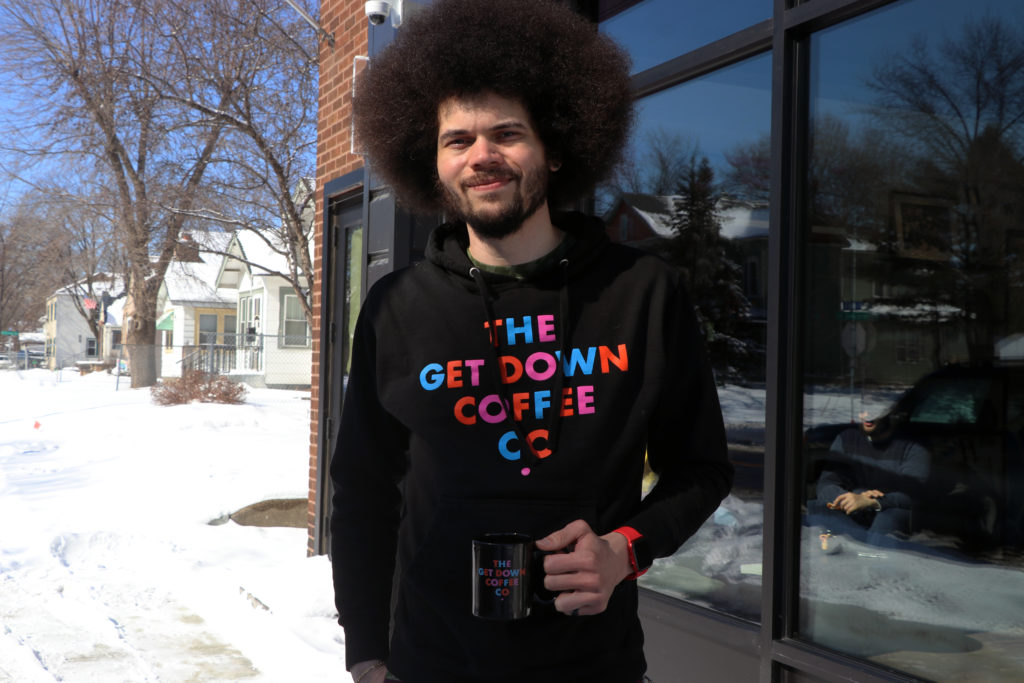As temperatures rise, coffee producers are feeling the heat of fewer crops
Audrey Pickering
Dunkin’ Donuts’ slogan “America runs on Dunkin’” has more truth to it than most marketing slogans. Coffee, whether from Dunkin’, a gas station, or a Parisian café, is the lifeblood of many people all over the world. But the climate crisis is threatening the future of coffee and its consumption.
The rise of global temperatures associated with climate change will result in many catastrophic shifts worldwide. One change, though perhaps not catastrophic, is the increased difficulty in the production of Arabica coffee beans — the crop that is most commonly used to make your morning brew. As temperatures increase, the world will lose the ability to grow these precious beans and will need to find a suitable replacement lest we all resort to green tea.
Luckily, there is hope to be found. Scientists believe that they may have discovered — or rather rediscovered — a replacement in the Coffea stenophylla bean, native to Guinea, Sierra Leone and the Ivory Coast in Western Africa. The region’s climate is usually very hot and sunny, which gives the Coffea stenophylla bean an advantage in fighting rising temperatures. This alternative variety was found to have been able to withstand temperatures above that of Arabica.

According to the 2017 U.S. Climate Science Special Report, if yearly emissions continue to increase rapidly, as they have since 2000, models project that by the end of this century, global temperature will be at least 5 degrees warmer than the 1901-1960 average. The time to start cultivating Coffea stenophylla is now.
The species was discovered by Swedish botanist Adam Afzelius in the 18th century. “Stenophylla had not been seen in the wild in Sierra Leone since 1954 and anywhere since the 1980s in Ivory Coast,” said botanist Aaron Davis, who led a study published in the journal Nature Plants.
The recent rediscovery of C. stenophylla in 2018 has given coffee a new chance. The hope is that this alternative species can step in for Arabica and prevent a coffee shortage worldwide. The warm temperatures that are afflicting Arabica might just be perfect for stenophylla.
As temperatures rise, so does the price of specialty coffee, according to C.J. Porter Born, head roaster of Get Down Coffee Co. in North Minneapolis. Porter Born emphasized the company’s use of ethically-sourced specialty coffee. Ethically-sourced, in this case, refers to the various steps of growing, buying and distributing the product. Every step of the way is approached as ethically as possible and Porter Born has taken numerous trips to visit four of the various countries from which they receive their product. Specialty coffee, like stenophylla, comes at a higher price — a price that Get Down is willing to pay in order to receive the most ethical coffee available.

“I would say that [the effects of the climate crisis are] less prevalent in specialty coffee because we are already paying a premium price for it,” Porter Born said. “People who are willing to spend top dollar for top quality, this isn’t going to impact them that much as the prices start to increase.”
Mass-produced coffee may soon see the end of its days as global temperatures continue to rise, but Get Down is taking the steps necessary to keep things environmentally friendly. Everything from the pastry containers to the coffee cups are compostable and you won’t find a straw anywhere near Porter Born’s coffee.
But one local coffee shop can only do so much. Corporate chains like Starbucks are where many are looking for significant change.
“They really do have the ability to dictate what the trends are in the industry. If they start to move away from straws completely, then that will start to condition the general public to not expect or ask for a straw.”
Porter Born
As of March, Starbucks announced it is phasing out the iconic green and white cups and replacing them with reusable mugs. A USA Today report stated, “Starbucks announced a goal in 2020 to reduce waste by 50 percent by 2030. The company says that by 2025, it wants to create a “cultural movement” toward using reusables by giving customers ‘easy access to a personal or Starbucks provided reusable to-go cup for every visit.’”
This is not the first attempt by Starbucks to eliminate waste. In fact, in 2008, Starbucks announced that it would reach this same goal by 2015. According to the USA Today report, “[Starbucks] later announced it would phase out plastic straws and opted for customers to use sippy-cup-style plastic lids. Those chunky lids actually used more plastic than the original lids that were made for straws. At the time, Starbucks explained that these new lids were made from polypropylene, which is recyclable. But less than 10 percent of the world’s plastic is actually recycled, so Starbucks likely would have been better off just sticking with straws in the first place.”

Straw-less lids or not, many coffee drinkers may find themselves skeptical of introducing a new bean into their daily routine. But fear not the flavor, as Coffea stenophylla may actually prove to be more enjoyable than your typical Arabica. The bean has been reviewed for taste by several companies, like JDE, Nespresso and Belco and has been noted for its natural sweetness. In an expert panel done by Union Hand-Roasted Coffee in London in 2020, the bean was given a score of 80.25, which places it in the “specialty” status. “To find a coffee species that flourishes at higher temperatures and has an excellent flavor is a once in a lifetime scientific discovery,” wrote Dr. Aaron Davis, lead author of the report on Coffea stenophylla.
Finding a climate change-resistant alternative to Arabica is a necessity. Not only do countless people around the world depend on coffee to get through the day, but over 100 million people depend on the production of the bean for their livelihood. Many tropical countries have economies that are reliant on the production of coffee beans and will face economic ruin without. Numerous industries will struggle to face the challenge of climate change and will likely fail if they cannot adapt. Coffea stenophylla is an example of an adaptation that could save what some people would call an essential industry.